The Battle Against Disinformation in the Wake of Natural Disasters: A Deep Dive
In the shadow of hurricanes and the ensuing chaos, another storm rages on — a storm of disinformation. As Hurricane Helene and Hurricane Milton wreak havoc, President Joe Biden and his administration confront an onslaught of falsehoods that threaten the very fabric of disaster response efforts. The stakes couldn’t be higher: millions of lives hang in the balance as disinformation spreads like wildfire, undermining trust in crucial rescue and recovery operations.
Disinformation: A New Kind of Disaster
At a recent briefing, President Biden made no bones about the source of the disinformation: former President Donald Trump. “The last few weeks have seen a reckless, irresponsible, and relentless promotion of disinformation and outright lies,” Biden declared. This disinformation, he emphasized, is not just misleading but dangerous, eroding confidence in the remarkable efforts of first responders and volunteers risking their lives to aid those affected.
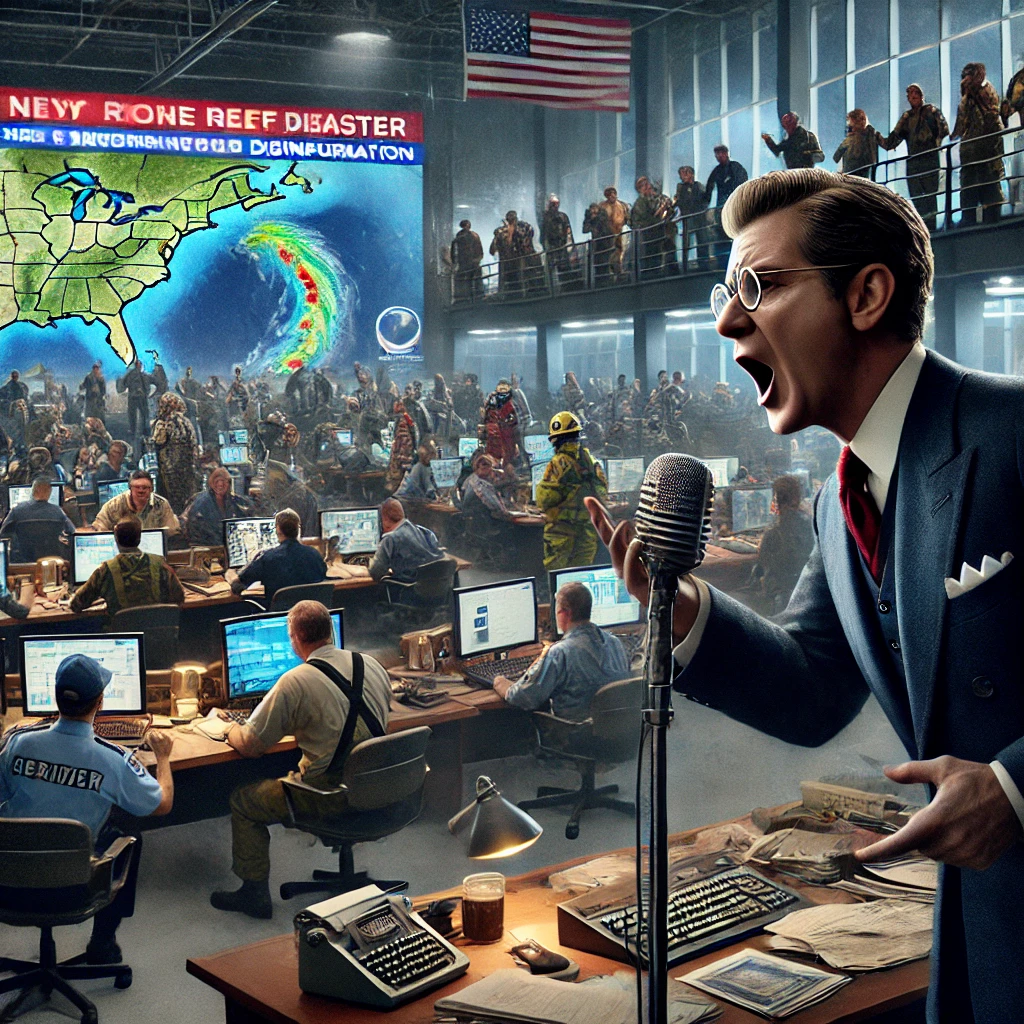
One particularly egregious claim came from Congresswoman Marjorie Taylor Greene, who suggested that the federal government is controlling the weather. Biden dismissed these claims as “beyond ridiculous,” urging for unity in times of crisis. “There are no red or blue states, only the United States of America,” he asserted, highlighting the collective effort required to tackle these disasters.
Federal Response and Preparedness
Secretary of Transportation Pete Buttigieg outlined the extensive measures taken by the Department of Transportation (DOT) to mitigate the impact of these hurricanes. “We’ve got personnel from the FAA to the Federal Highway Administration ready to assist as soon as it’s safe,” Buttigieg explained. This includes anticipatory approvals for drone flights to help utilities survey damage and ensure that evacuation routes are clear and usable.
The coordination extends across various modes of transportation — sea, air, and land — with hundreds of DOT personnel on the ground. Buttigieg highlighted the unprecedented nature of dealing with consecutive disasters, reflecting on the sheer magnitude of the challenge. “It’s the only time I can think of when we had to provide updates on both the current disaster response and preparations for an upcoming disaster in the same meeting,” he remarked.
The Role of Reliable Information
The head of FEMA underscored the critical need for accurate information during such crises. With an unprecedented number of open disasters, the complexity of recovery efforts has soared. This amplifies the importance of ensuring that the public has access to reliable information. “Information is a basic need during a disaster, just like clean water and power,” Buttigieg stressed. The 5-1-1 system, FEMA, and local authorities are vital sources of trusted information that can make a life-or-death difference.
Combating Falsehoods: A Matter of Life and Death
Disinformation not only misleads but can also prevent people from accessing essential resources. For example, false claims about FEMA’s $750 assistance for immediate needs could discourage individuals from seeking the help they are entitled to. Buttigieg pointed out that in conversations with officials from various political affiliations, the focus remains on providing accurate information rather than engaging in partisan politics.
The Challenge of Misinformation in the Digital Age
The digital age has made it easier for falsehoods to spread rapidly, often with devastating consequences. Buttigieg recounted an incident where Elon Musk‘s tweet about airspace restrictions during Hurricane Helene was quickly debunked through direct communication. This incident highlights the need for real-time verification and the dangers of relying on unverified sources.
A Call for Responsibility
Vice President Kamala Harris also weighed in, condemning those who spread misinformation as “dangerous” and “unconscionable.” She praised local officials for their efforts to combat disinformation and emphasized the need for accurate information to ensure that people receive the aid they need. “At some point, the politics have to end, especially in moments of crisis,” Harris stated.
The Role of Media and Leadership
The role of journalistic organizations with editorial standards and rigorous fact-checking is crucial in this battle against disinformation. Buttigieg emphasized the responsibility of those with platforms to tell the truth. “If you are in a position of responsibility, whether as an elected official or a major business leader, you need to understand that a lot depends on your honesty,” he said.
A Unified Effort
In conclusion, the battle against disinformation in the wake of natural disasters requires a unified effort. The administration is mobilizing resources and personnel to provide accurate information and support to those affected. “The people whose lives depend on good information are Americans,” Buttigieg declared. “They deserve support, resources, and the truth.”
As the nation grapples with the aftermath of these hurricanes, the importance of accurate information and responsible leadership cannot be overstated. It is a collective responsibility to ensure that in times of crisis, the truth prevails and the American people receive the help and support they need.
FAQ
Q: What steps is the federal government taking to combat disinformation during natural disasters? A: The federal government, through various agencies like FEMA and the Department of Transportation, is working to provide accurate information and counteract false claims. They emphasize the importance of trusted sources and direct communication to ensure that people receive reliable information.
Q: How does disinformation affect disaster response efforts? A: Disinformation can undermine trust in rescue and recovery operations, prevent people from accessing essential resources, and create confusion during critical times. Accurate information is vital for effective disaster response and ensuring public safety.
Q: What are some examples of disinformation related to recent hurricanes? A: One example is the false claim by Congresswoman Marjorie Taylor Greene that the federal government is controlling the weather. Another is Elon Musk’s tweet about airspace restrictions during Hurricane Helene, which was quickly debunked through direct communication with officials.
Q: How can people ensure they are getting accurate information during a disaster? A: People should rely on trusted sources such as FEMA, local authorities, and the 5-1-1 system for accurate information. Avoid unverified sources and social media rumors, as these can often be misleading or false.
Q: What role do media organizations play in combating disinformation? A: Media organizations with editorial standards and rigorous fact-checking play a crucial role in providing accurate information and debunking false claims. They help ensure that the public receives reliable news and updates during disasters.
Q: How can individuals help in the fight against disinformation? A: Individuals can help by verifying information before sharing it, relying on trusted sources, and educating others about the dangers of disinformation. Promoting media literacy and critical thinking is also essential in combating the spread of false information.
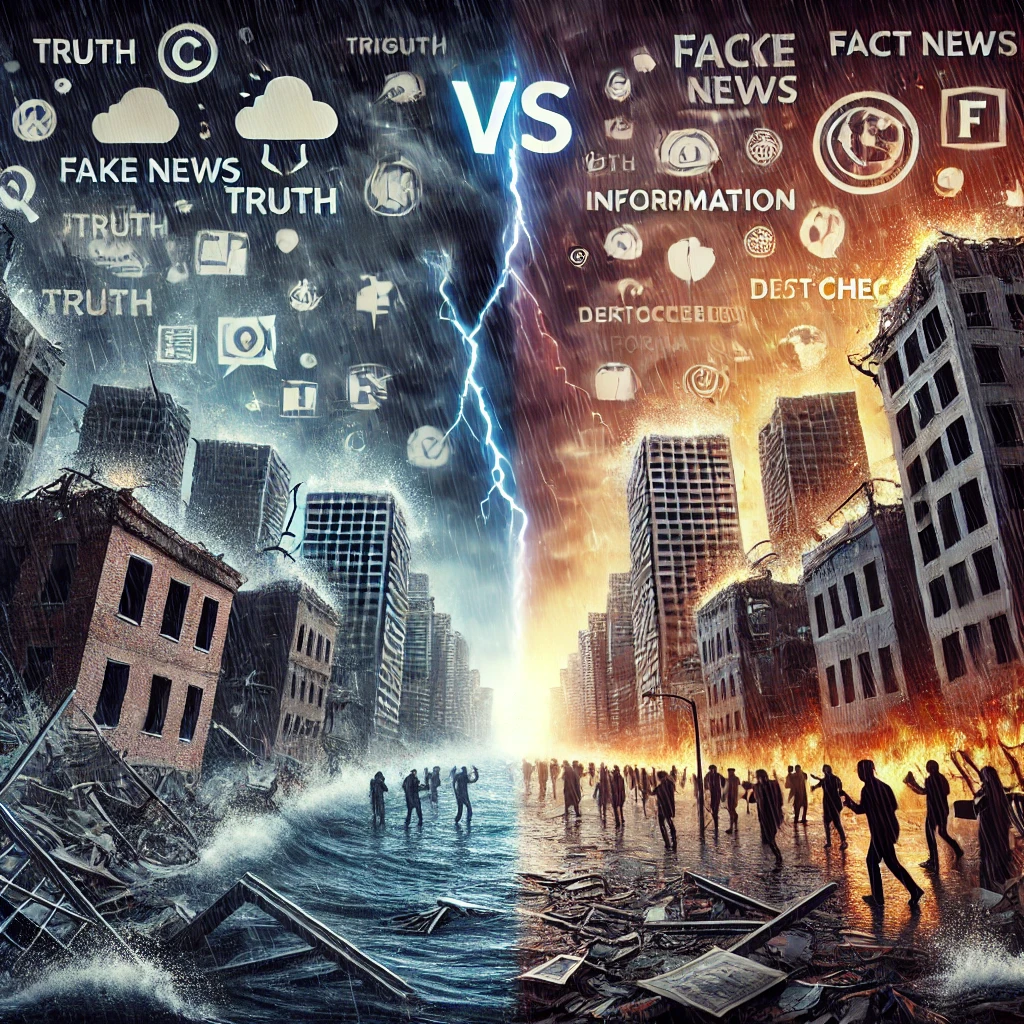
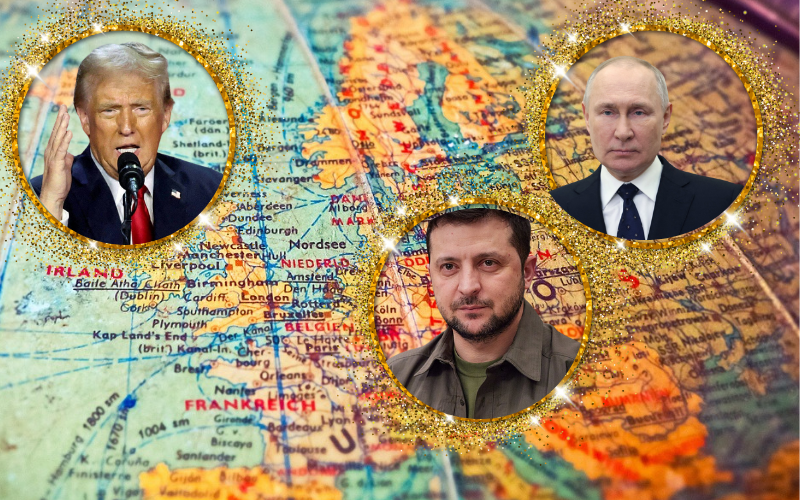

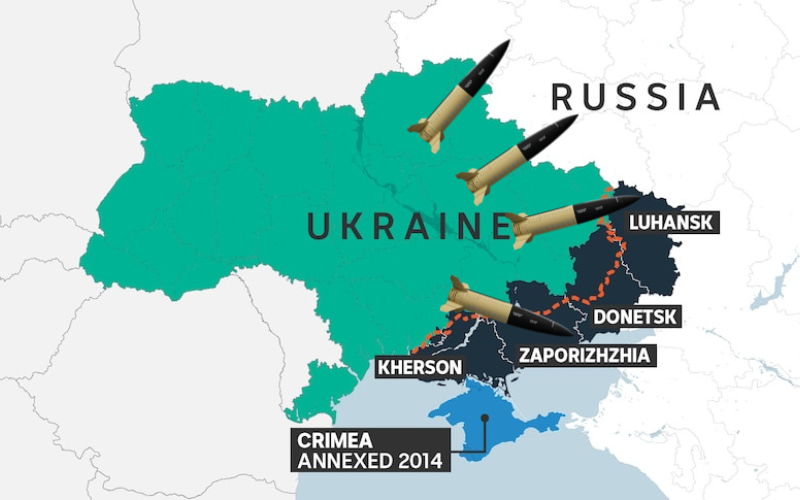
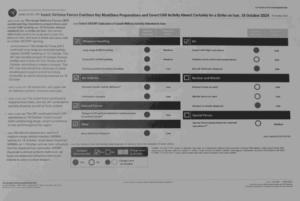
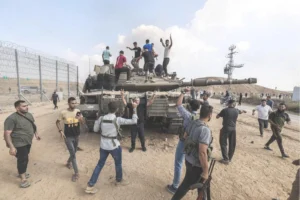




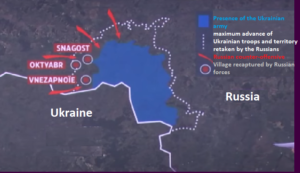



Post Comment